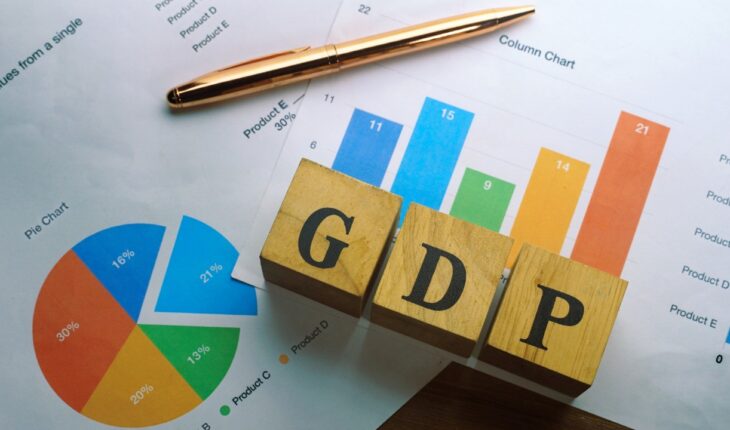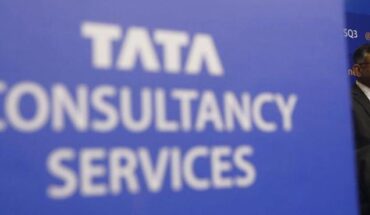New Delhi: Indian equity market has to double its market capitalisation -to-GDP ratio ( 2:1 ) and take it all the way to USD 80 trillion in the next 24 years as the country pursues its ambition to reach the status of a developed nation by 2047, an ASSOCHAM- CareEdge joint study has said.
”Indian stock exchanges feature among the top 10 in the world in terms of market capitalisation. Currently India’s market capitalisation is about USD 3.5 trillion which is almost equal to India’s GDP. If we look at the US for comparison, the market cap of the USA (USD 42 trillion) is nearly double of its GDP. If India’s GDP is to reach USD 40 trillion in 2047, to achieve the USA 2:1 ratio of m-cap to GDP, India’s market capitalisation needs to grow to USD 80 trillion. This implies a CAGR in market capitalisation of about 14% in the next 24 years”, the study titled: ‘Indian Capital Market: Driver of Growth During Amrit Kaal’ pointed out.
The ASSOCHAM- CareEdge Ratings joint study did a mapping of the Indian capital market for the long term in sync with India’s ambition to reach the milestone of a developed nation when the country completes 100 years of its Independence, said the chamber Secretary General Mr Deepak Sood. He said ”Capital markets provide a platform for wealth creation in the economy, and India is one of the fastest-growing wealth management markets in the world.”
The study highlighted several building blocks required for taking the Indian capital market to the next level. Among others, it referred to the recommendations of a SEBI Committee emphasising strengthening of the ‘market infrastructure institutions (MIIs)’.
The MIIs include stock exchanges, clearing houses and depositories which play a vital role in upholding the nation’s economic infrastructure. In 2022, the SEBI ‘Committee on Strengthening Governance of Market Infrastructure Institutions’ underlined the need to strengthen governance norms at MIIs. The report identified seven MIIs i.e Bombay Stock Exchange (BSE), National Stock Exchange (NSE), Metropolitan Stock Exchange of India (MSEI), Multi Commodity Exchange (MCX), Central Depository Services (CDSL), National Securities Depository Limited (NSDL) and the Multi Commodity Exchange Clearing Corporation. The ASSOCHAM study further quoted the SEBI Committee report ,stating these institutions are in the nature of public utility infrastructure service providers in the securities market, and hence they constitute the key element in the economic growth of the country.
The study re-emphasised the recommendations of the SEBI panel which had said that the MII’s policy should adequately cover all methods of data sharing (including emails and social media) with appropriate delegation of powers There should be continuous supervision by MIIs of all its members by leveraging technology.. Besides, keeping the interest of investors in mind, the adequacy of the. Investor Protection Fund and Settlement Guarantee Fund should be periodically reviewed.




